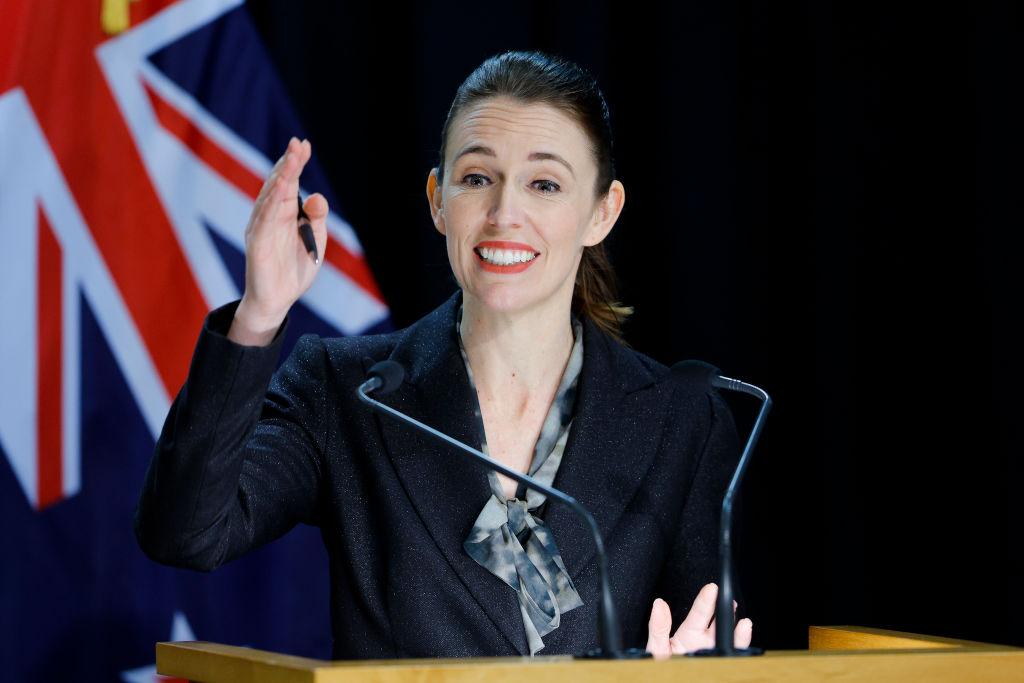An expert has called for more decentralisation of New Zealand’s governing structures as the growing power of the central government in the capital city, Wellington is leaving the country unable to meet growing regional demands.
Economist Oliver Hartwich, the executive director of the New Zealand Initiative think tank, told The Epoch Times that New Zealand, already a highly centralised country, is growing more so and many of its citizens are not be aware of the problems associated with this form of government.





